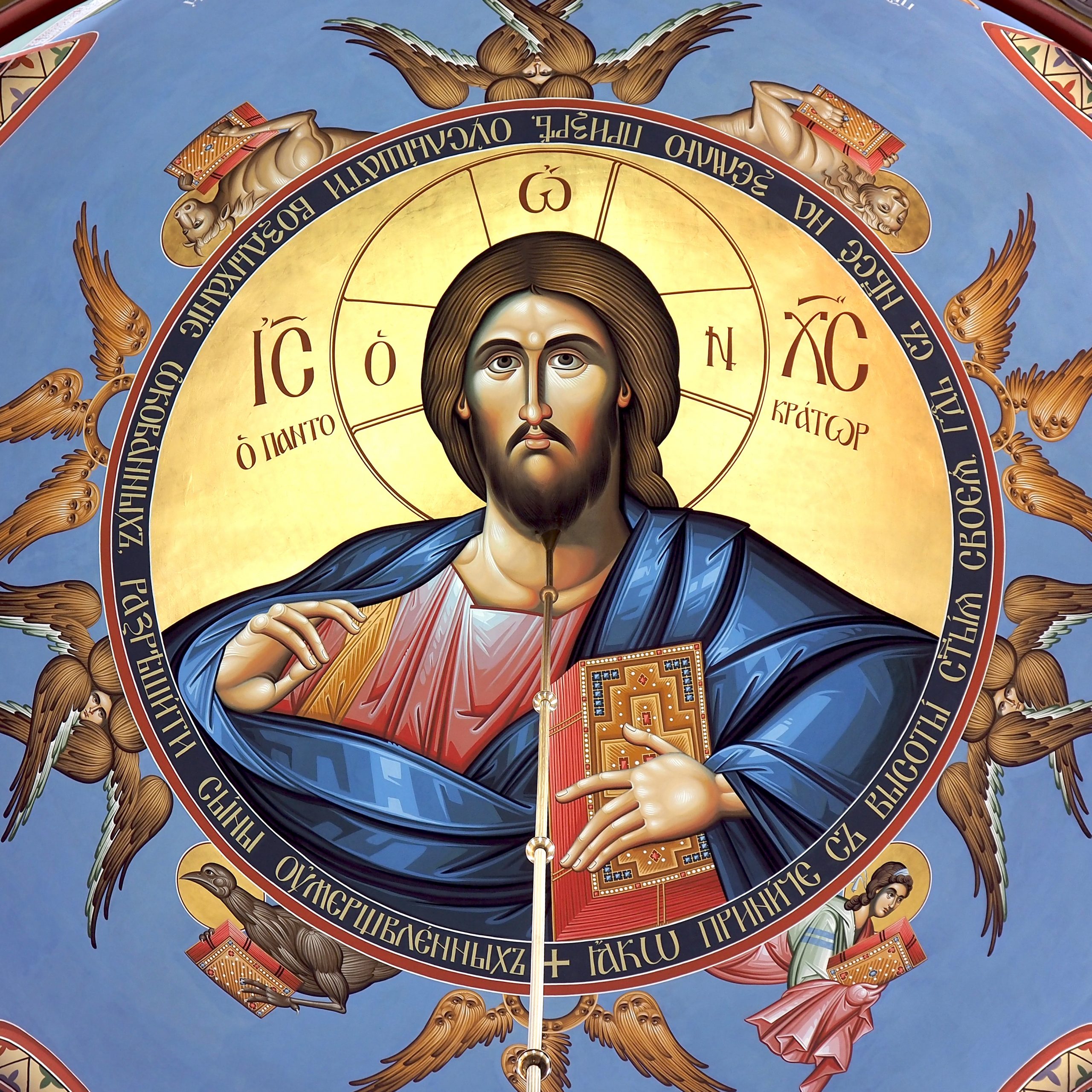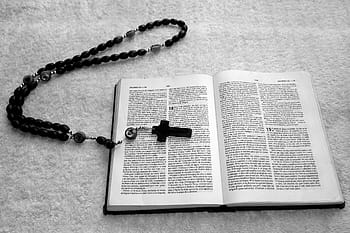“And as John was finishing his course, he said, ‘What do you suppose that I am? I am not He. No, but after me One is coming, the sandals of whose feet I am not worthy to untie.’ “Brethren, sons of the family of Abraham, and those among you that fear God, to us has been sent the message of this salvation. For those who live in Jerusalem and their rulers, because they did not recognize Him nor understand the utterances of the prophets which are read every Sabbath, fulfilled these by condemning Him. Though they could charge Him with nothing deserving death, yet they asked Pilate to have Him killed. And when they had fulfilled all that was written of Him, they took Him down from the tree, and laid Him in a tomb. But God raised Him from the dead; and for many days He appeared to those who came up with Him from Galilee to Jerusalem, who are now His witnesses to the people. And we bring you the good news that what God promised to the fathers, this He has fulfilled to us their children by raising Jesus.”
Acts: 13: 25-33 (Epistle of Feast of Beheading of St. John the Baptist)
On the feastday of the Beheading of St. John the Baptist, the lectionary (calendar of Bible readings for each day) calls for a reading from the book of Acts. The book of Acts offers us a history of the establishment of the early church. In today’s reading, we read part of an oration offered by St. Paul. Remember that St. Paul was originally named Saul and was a persecutor of the church before his conversion on the road to Damascus. Upon his conversion, St. Paul became one of the greatest Apostles in the history of the church, as he went all around the world of that time, establishing Christian church communities.
We read in Acts 13, (in the verses before today’s passage) that after being formally commissioned, that St. Paul went to Cyprus and then Pamphylia and then to Antioch. In Antioch, he was invited to the synagogue where he was invited to preach to the people. He proceeded to give a history of the Jews, going back to the time that they were in Egypt and their journey to the land of Canaan. He then spoke about the prophets, like Samuel, and then about King David.
Today’s passage begins with St. Paul speaking about St. John the Baptist, who testified to the coming of Christ and who endorsed Jesus as the Christ. This is why this passage is read on the feast of the beheading of John. Even though John is mentioned prominently in the Gospels, as this is when his work took place, it is the custom in the church that the Epistle Reading (or in this case the reading from the book of Acts) will include a passage where the saint being commemorated is mentioned. Hence this passage from Acts.
Paul continues in his oration, after speaking about John endorsing Jesus as the Christ, to speak of the work of Christ. He speaks of His ministry and how He wasn’t recognized by the rulers and Jewish authorities, and how He was crucified, buried, and rose from the dead. Paul also mentioned the appearances of Jesus after the Resurrection, and how all the prophecies of Scripture had been fulfilled in the person of Jesus, the Christ.
There are a lot of reasons to know history. One is that when we learn the mistakes of history, we are less likely to repeat them. Another is that history gives us knowledge and knowledge in turn gives us power. Knowledge of Christianity allows it to be a powerful force in our lives. And third, history gives us a foundation on which to build our present and our future. Knowing Christ gives us a solid foundation on which to build our lives today and in the future.
Saint John the Baptist is the last of the prophets and first of the saints. He is the bridge between the Old and New Testaments. If the Old Testament was about the Creation, the Fall and the promise of God to send a Messiah, told through the testimony of the Prophets, then John is the last of the Prophets who not only testified about the coming of the Messiah but endorsed Jesus as the promised Messiah. Saint John is also the first of the saints, those who gave their lives for Christ. His testimony of Jesus as the Christ directly led to his imprisonment and eventual death. The remembering of his beheading which we commemorate with this feast, is also an opportunity to remember his very important role in the history of salvation. God chose John to be the one who would go immediately in front of the promised Messiah. This feast is also an opportunity to remember that one who stands up for Christ may be persecuted, even killed, for their faith. The path of the true Disciple is not an easy one.
The memory of the just is observed with hymns of praise; for you suffices the testimony of the Lord, O Forerunner. You have proved to be truly more ven’rable than the Prophets, since you were granted to baptize in the river the One whom they proclaimed. Therefore, when the truth you had contested, rejoicing to those in Hades you preached the Gospel, that God was manifested in the flesh, and takes away the sin of the world, and grants to us the great mercy. (Apolytikion, Beheading of St. John the Baptist, Trans. by Fr. Seraphim Dedes)
The more we know about our history, the more solid foundation we have. The more solid a foundation we have in our understanding of Christianity, the stronger the faith will be in our own lives and in the witness we give to others!




